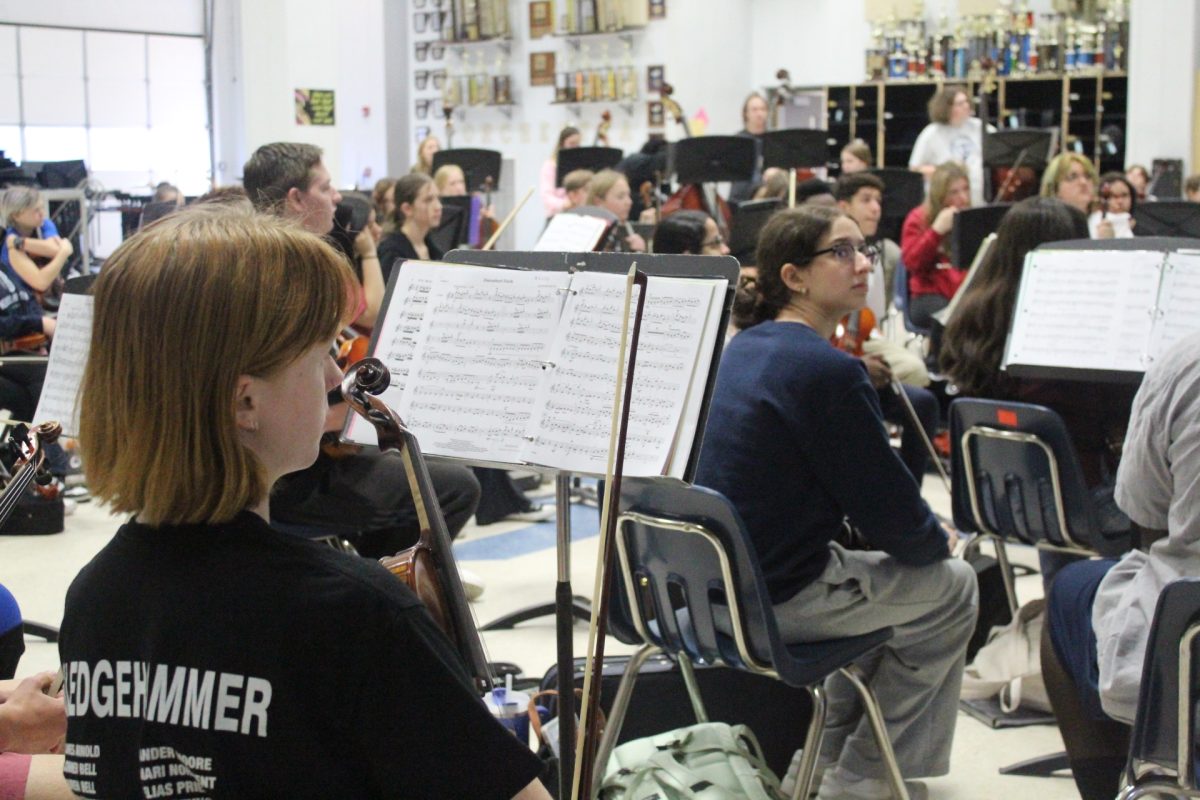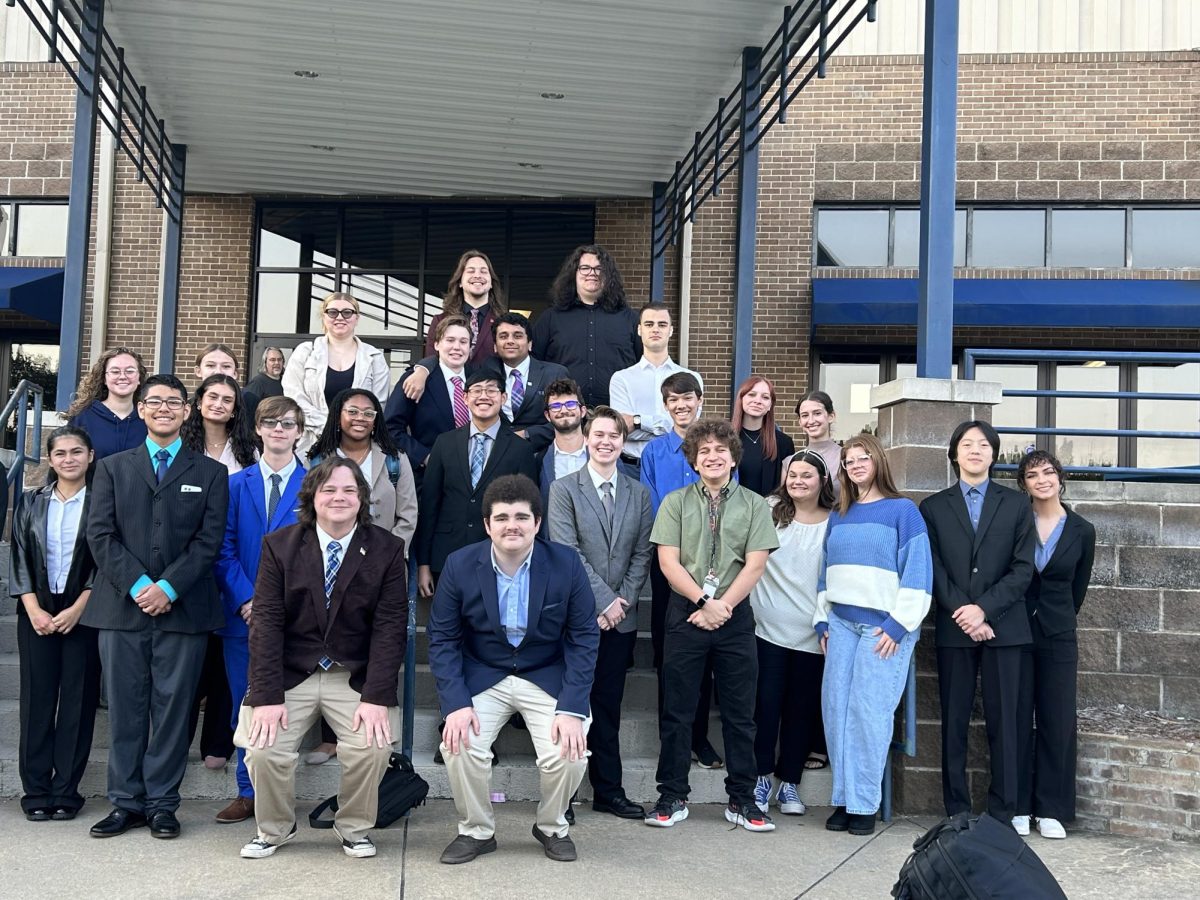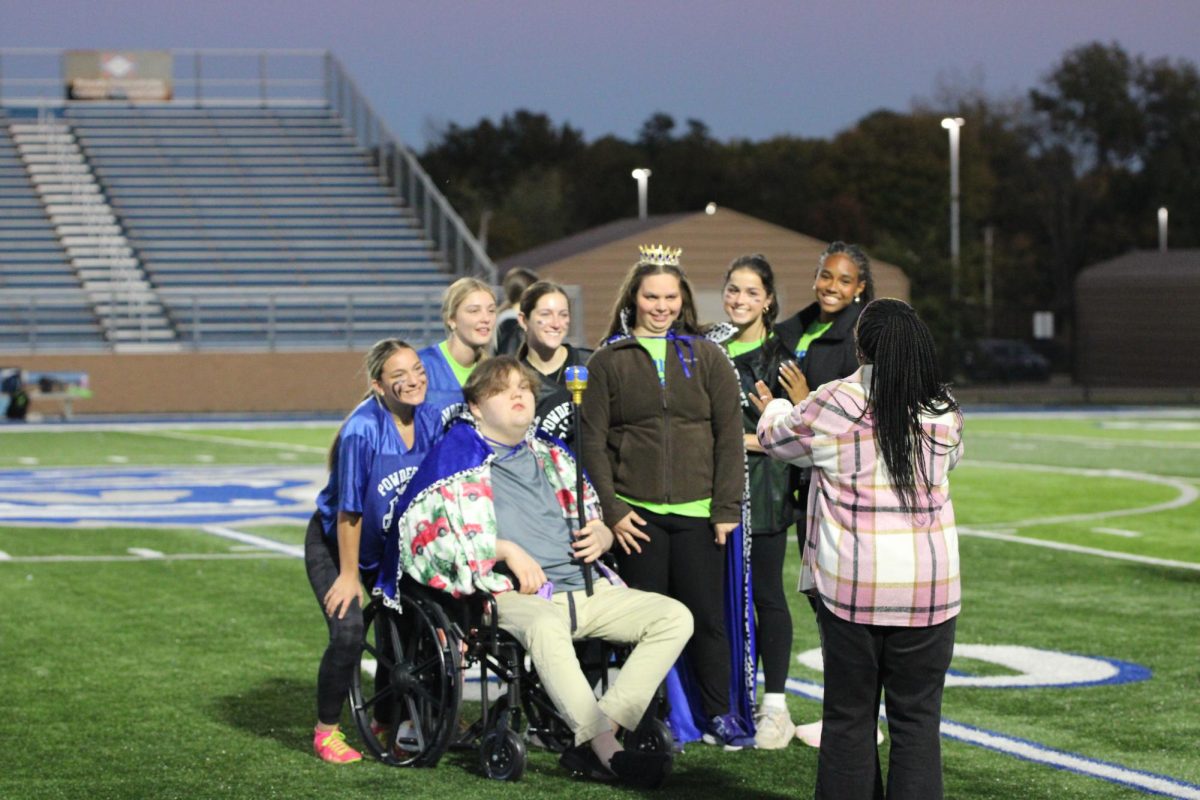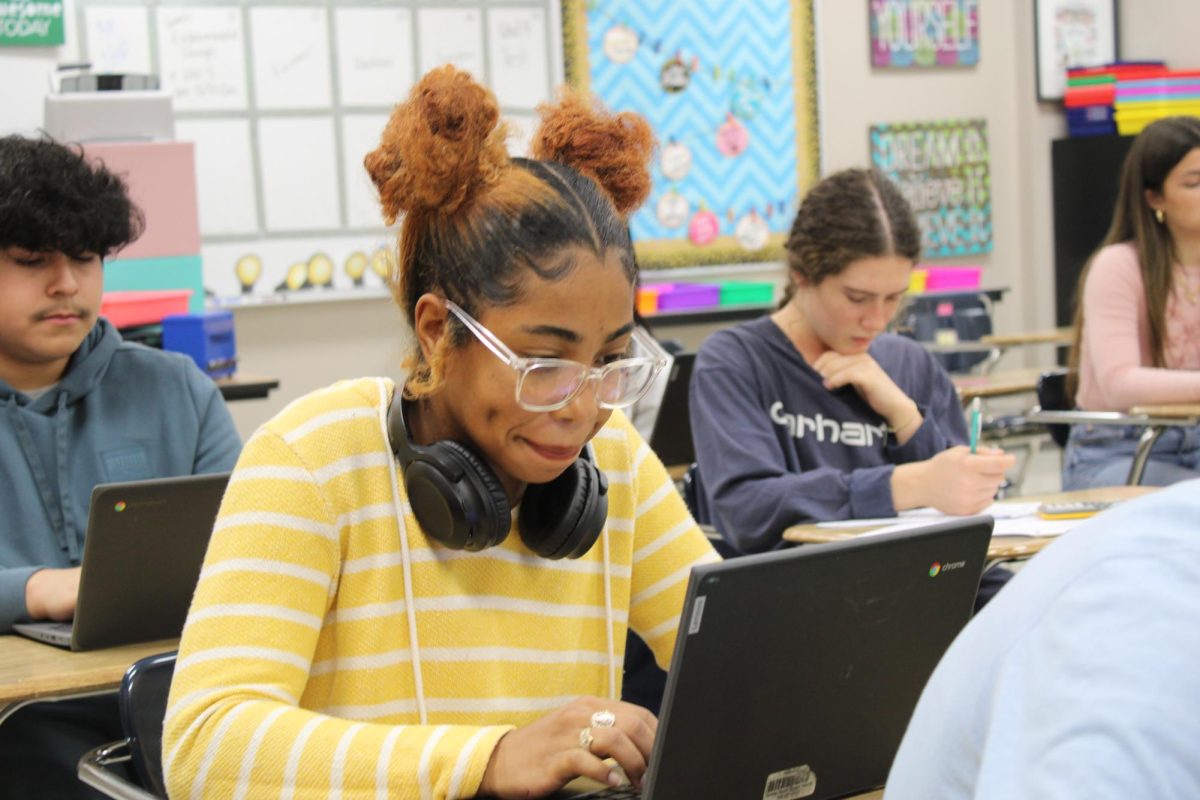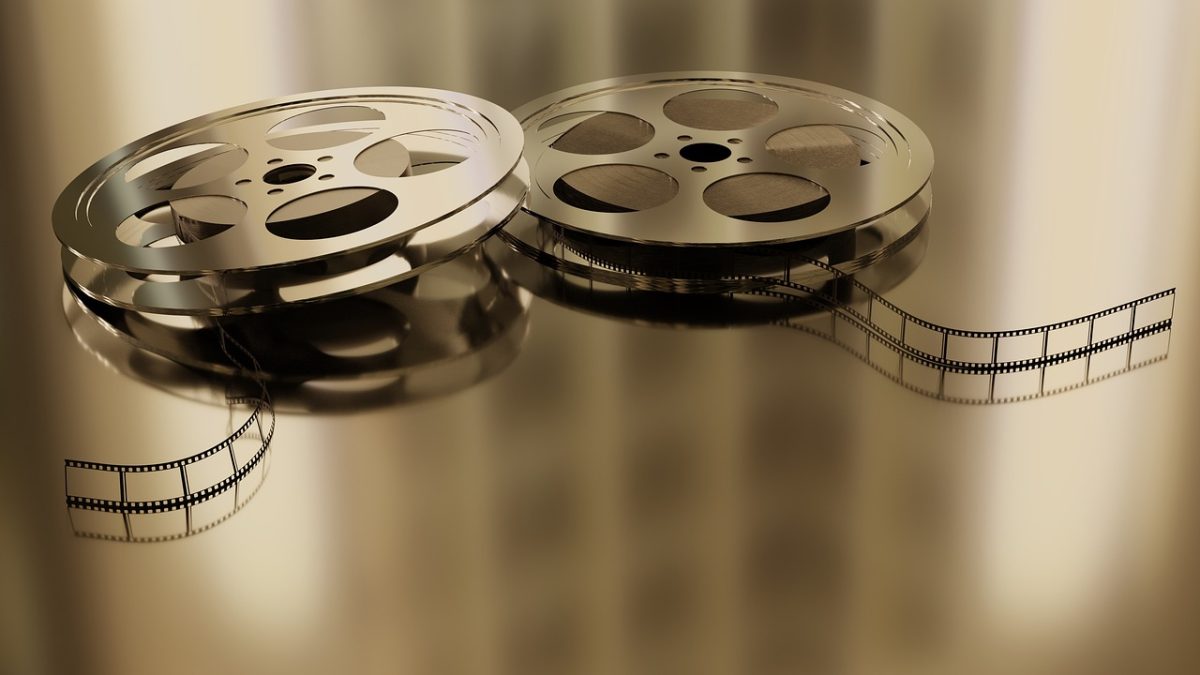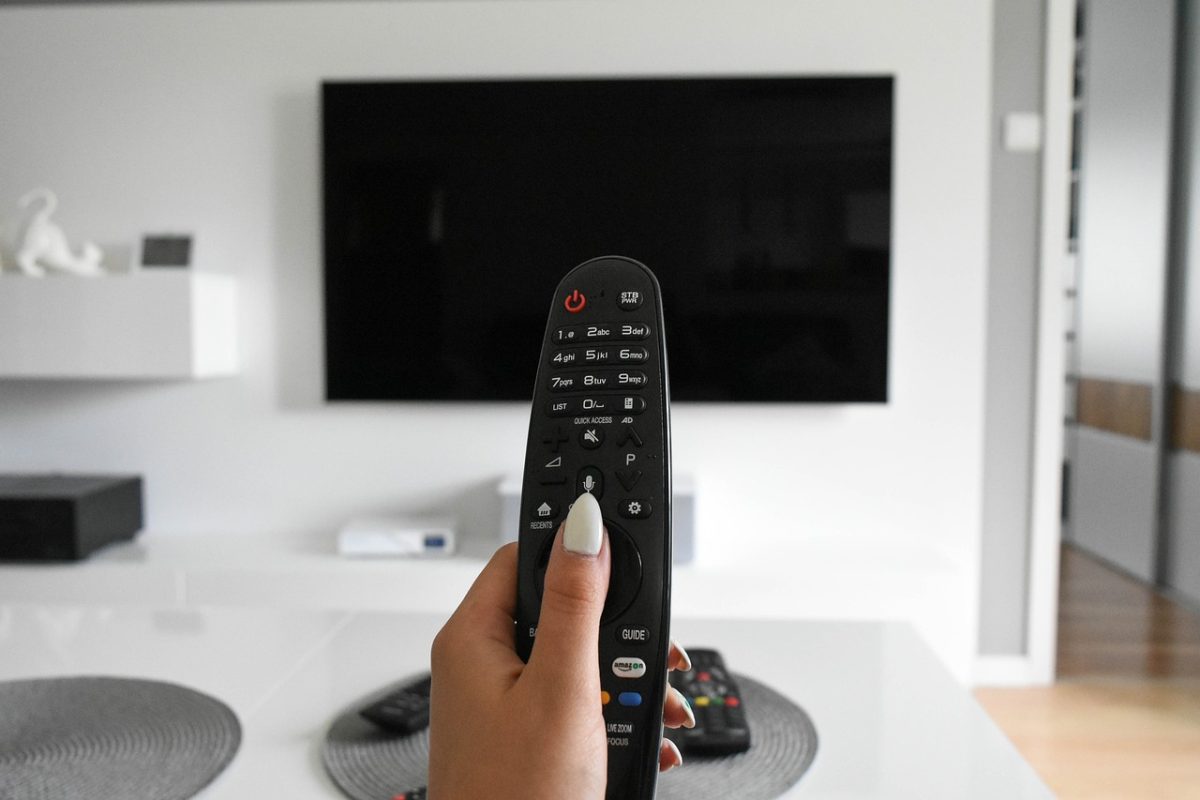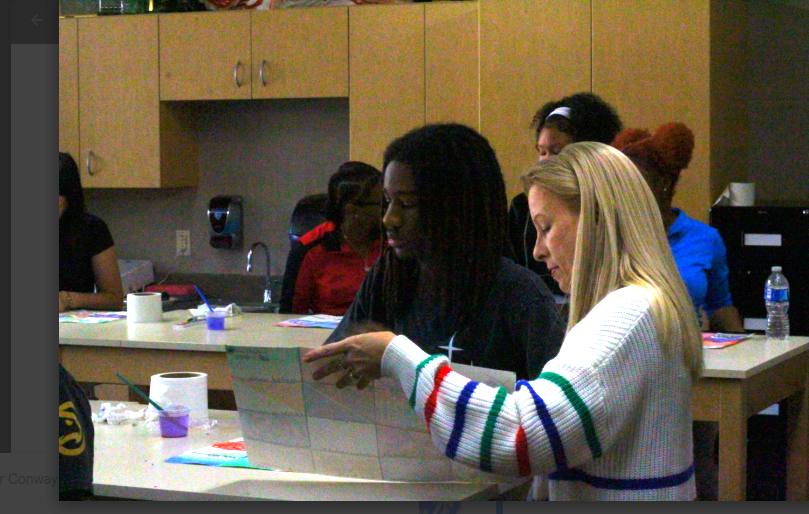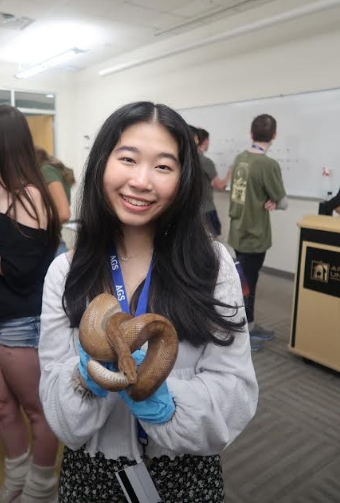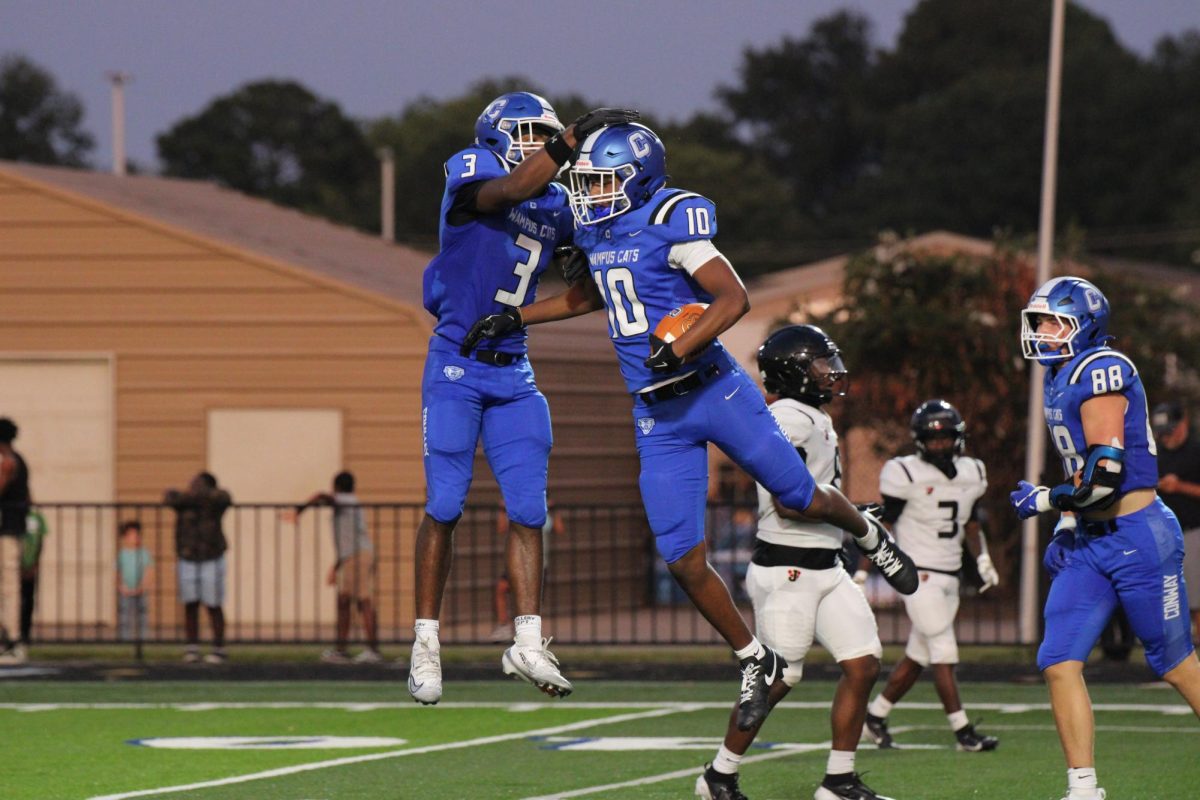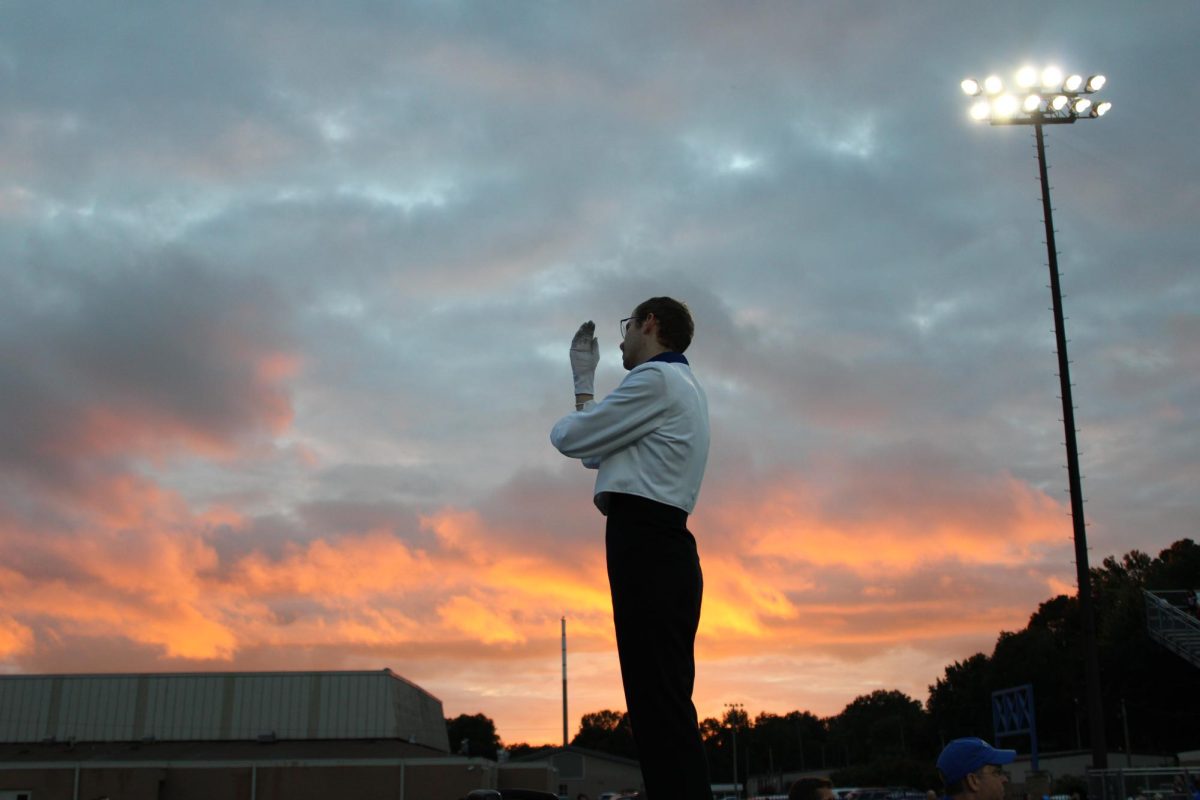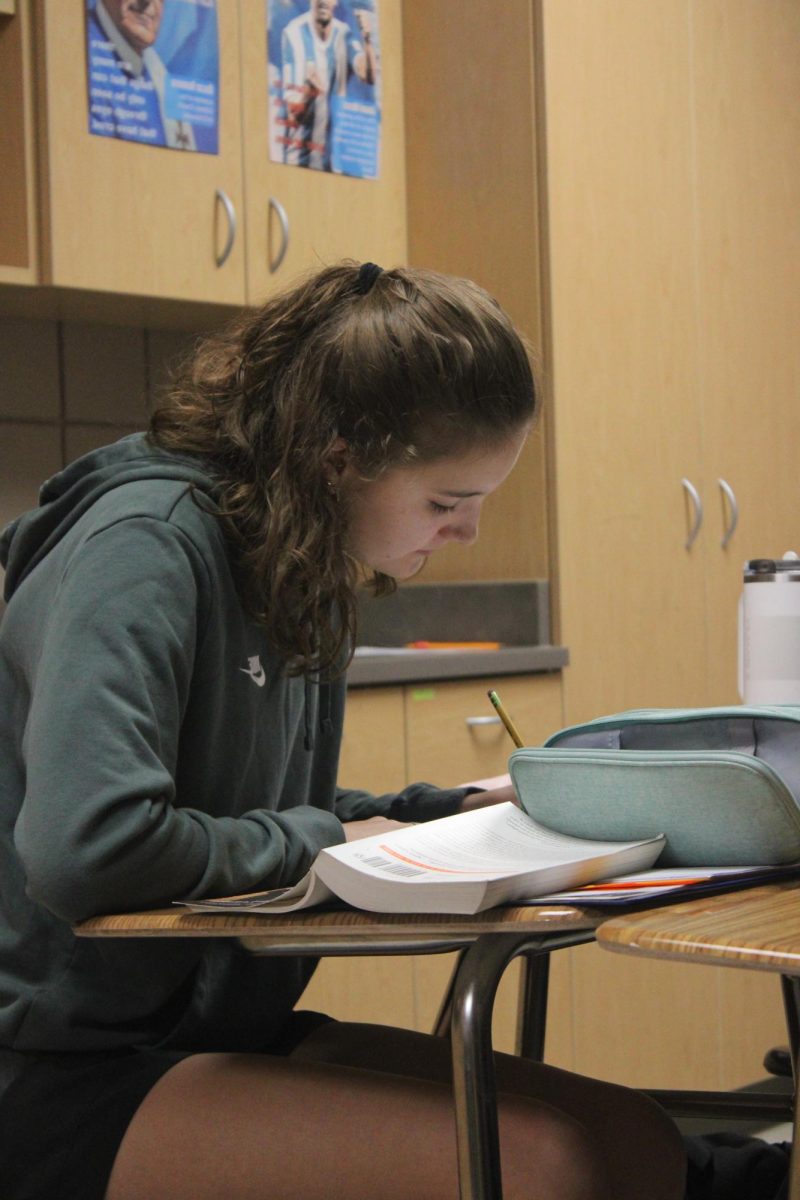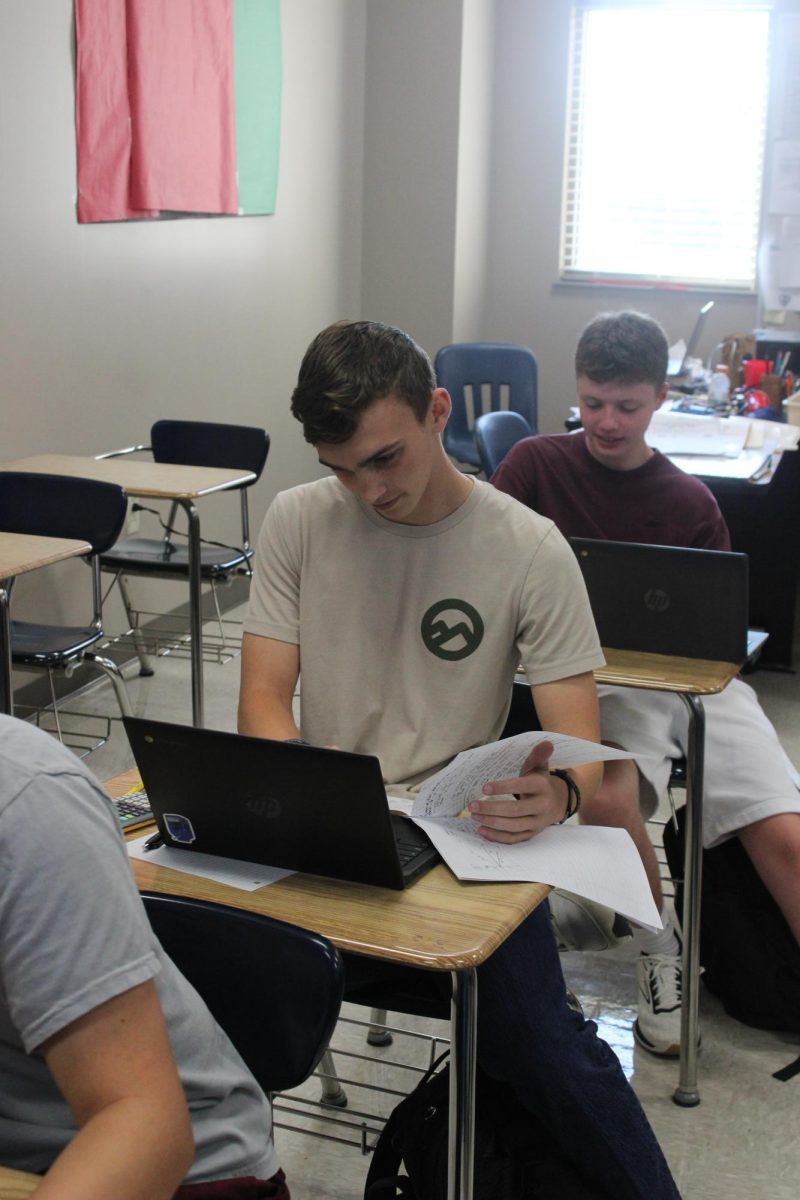Two months ago I saw the Barbie movie in the Conway, AR Cinemark Towne Centre and XD Theatre. “Barbie,” director and co-writer Greta Gerwig’s summer splash, is a dazzling achievement, both technically and in tone. “Barbie” can be hysterically funny, with giant laugh-out-loud moments generously scattered throughout. They come from the insularity of an idyllic, pink-hued realm and the physical comedy of fish-out-of-water moments and choice pop culture references as the outside world increasingly encroaches. But because the marketing campaign has been so clever and so ubiquitous, you may discover that you’ve already seen a fair amount of the movie’s inspired moments, such as the “2001: A Space Odyssey” homage and Ken’s self-pitying ‘80s power ballad. Such is the anticipation of the industrial complex. You probably already know the basic plot: Barbie (Margot Robbie), the most popular of all the Barbies in Barbie Land, begins experiencing an existential crisis. She must travel to the human world in order to understand herself and discover her true purpose. Her kinda-sorta boyfriend, Ken (Ryan Gosling), comes along for the ride because his own existence depends on Barbie acknowledging him. Both discover harsh truths–and make new friends–along the road of enlightenment.
Within the film’s enormous ensemble–where the women are all Barbies and men are all Kens, with a couple of exceptions–there are several standouts. They include a gonzo Kate McKinnon as the so-called “Weird Barbie” who places Robbie’s character on her path; Issa Rae as the no-nonsense President Barbie; Alexandra Shipp as a kind and capable Doctor Barbie; Simu Liu as the trash-talking Ken who torments Gosling’s Ken; and America Ferrera in a crucial role as a Mattel employee. And we can’t forget Michael Cera as the one Allan, bumbling awkwardly in a sea of hunky Kens–although everyone else forgets Allan.
But while “Barbie” is wildly ambitious in an exciting way, it’s also frustratingly uneven at times. After coming on strong with wave after wave of zippy hilarity, the film drags in the middle as it presents its more serious themes. It’s impossible not to admire how Gerwig is taking a big swing with heady notions during the mindless blockbuster season, but she offers so many that the movie sometimes stops in its propulsive tracks to explain itself to us–and then explain those points again and again. The breezy, satirical edge she established off the top was actually a more effective method of conveying her ideas about the perils of toxic masculinity and entitlement and the power of female confidence and collaboration.
One character delivers a lengthy, third-act speech about the conundrum of being a woman and the contradictory standards to which society holds us. The middle-aged mom in me was nodding throughout in agreement, feeling seen and understood, as if this person knew me and was speaking directly to me. But the longtime film critic in me found this moment a preachy momentum killer—too heavy-handed, too on-the-nose, despite its many insights.
Still, if such a crowd-pleasing extravaganza can also offer some fodder for thoughtful conversations afterward, it’s accomplished several goals simultaneously. It’s like sneaking spinach into your kid’s brownies—or, in this case, blondies. I give this movie a 9/10.

